With another bogey-free round, Matti Schmid climbs to the top of the PGA Tour leaderboard at the World Wide Technology Championship.


With another bogey-free round, Matti Schmid climbs to the top of the PGA Tour leaderboard at the World Wide Technology Championship.

Matti Schmid fires a bogey-free 64 to kick off the PGA Tour’s World Wide Technology Championship. Other Germans also impress.
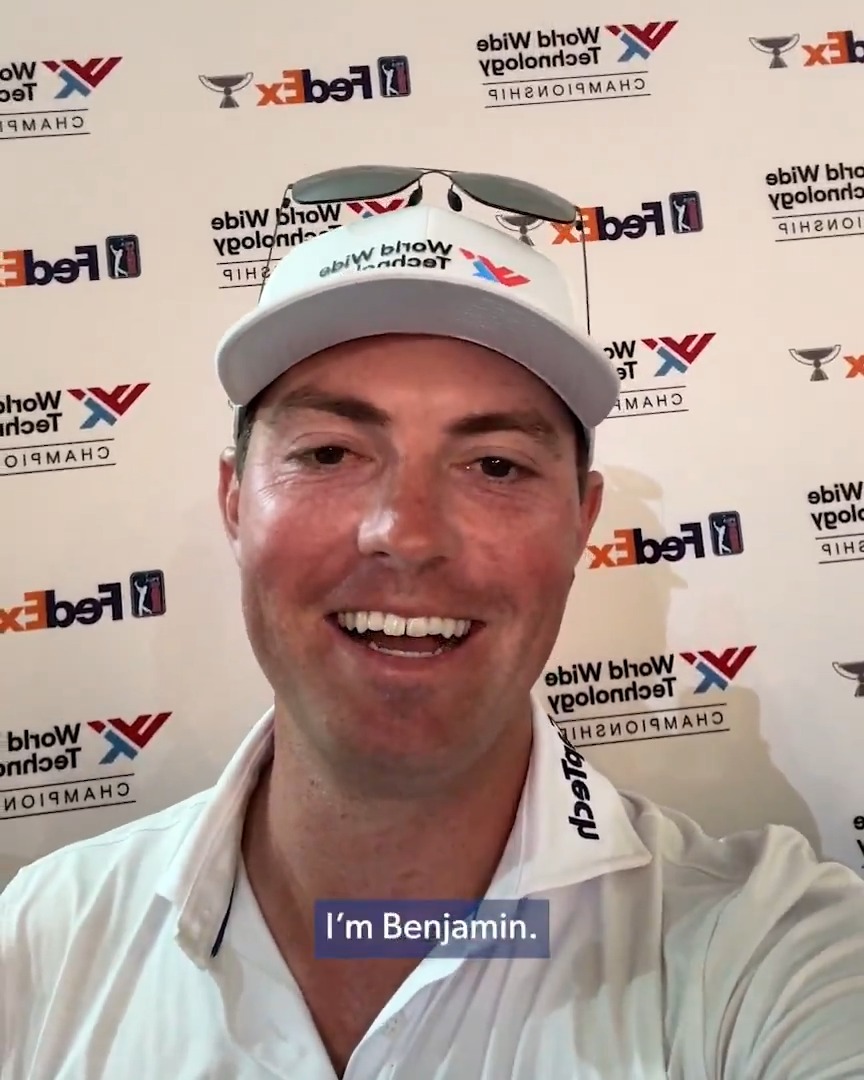
The PGA Tour’s World Wide Technology Championship in Cabo San Lucas is underway, showcasing a strong international field and some notable storylines as the season nears its conclusion. With $7.2 million in prize money at stake, the tournament attracts top players eager to secure valuable FedEx Cup points and end the year on a high note.
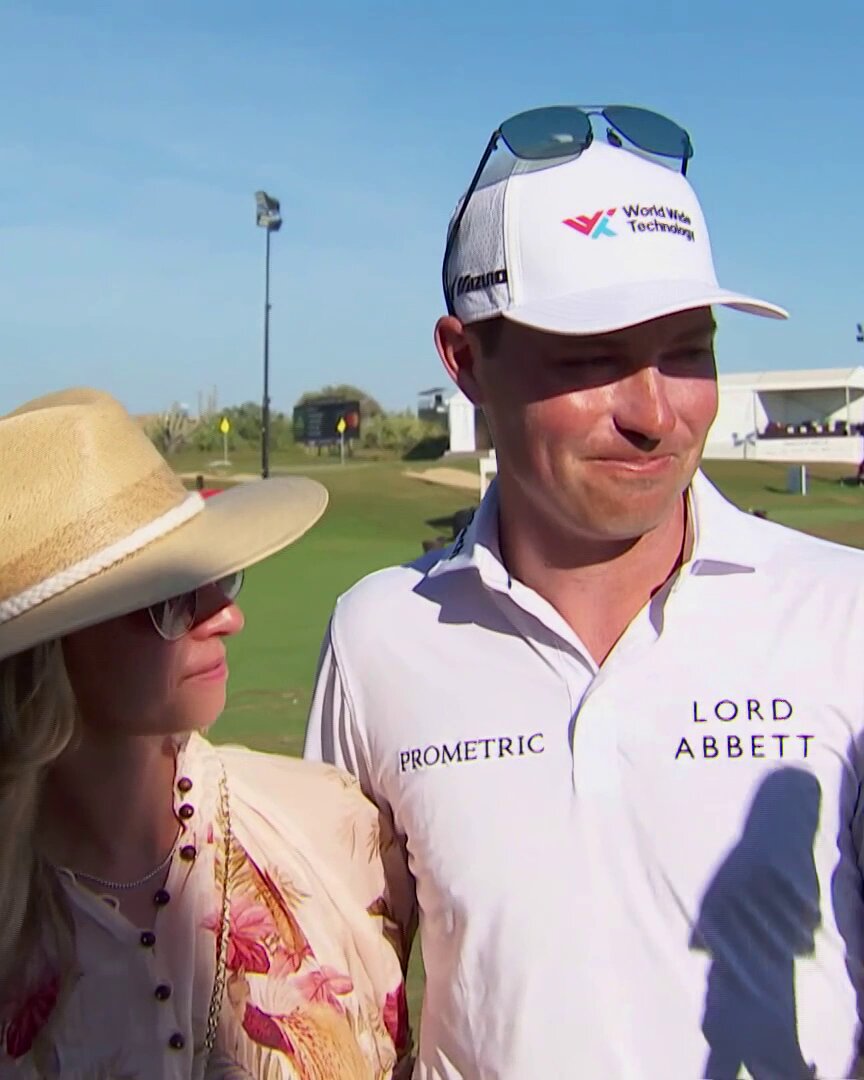
Three wins and a wedding in the same year – a remarkable achievement in professional golf that highlights both skill and personal milestones. This rare combination underscores the demanding nature of the sport, where players must balance intense competition with life off the course.
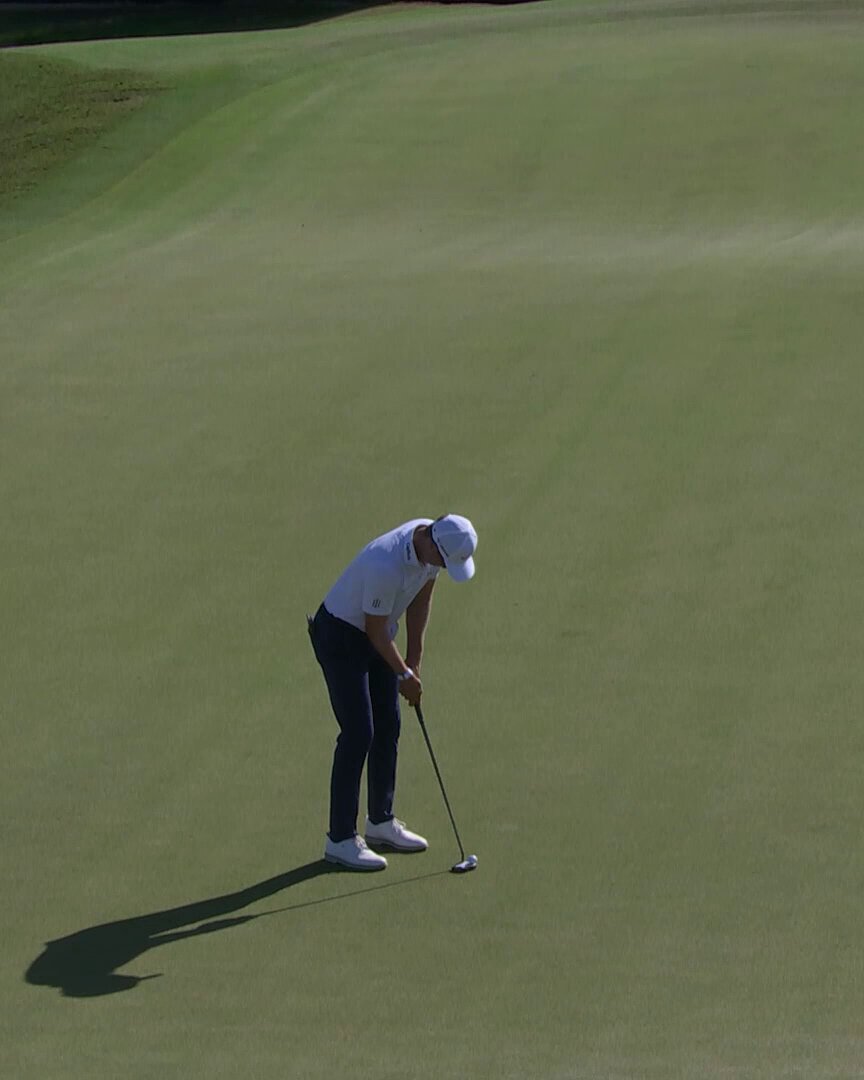
Ben Griffin has taken a commanding position at the World Wide Technology Championship, held this week at the El Cardonal at Diamante course in Cabo San Lucas, Mexico. With his latest performance, Griffin has extended his lead to two shots, putting himself in a strong position as the tournament progresses.

The PGA Tour has officially started its World Wide Technology Championship at the El Cardonal at Diamante golf course in Cabo San Lucas, Mexico. The tournament offers a total prize fund of $7.2 million and features a strong field of competitors, including notable names such as 47-year-old Luke Donald and current world number six J.J. Spaun.
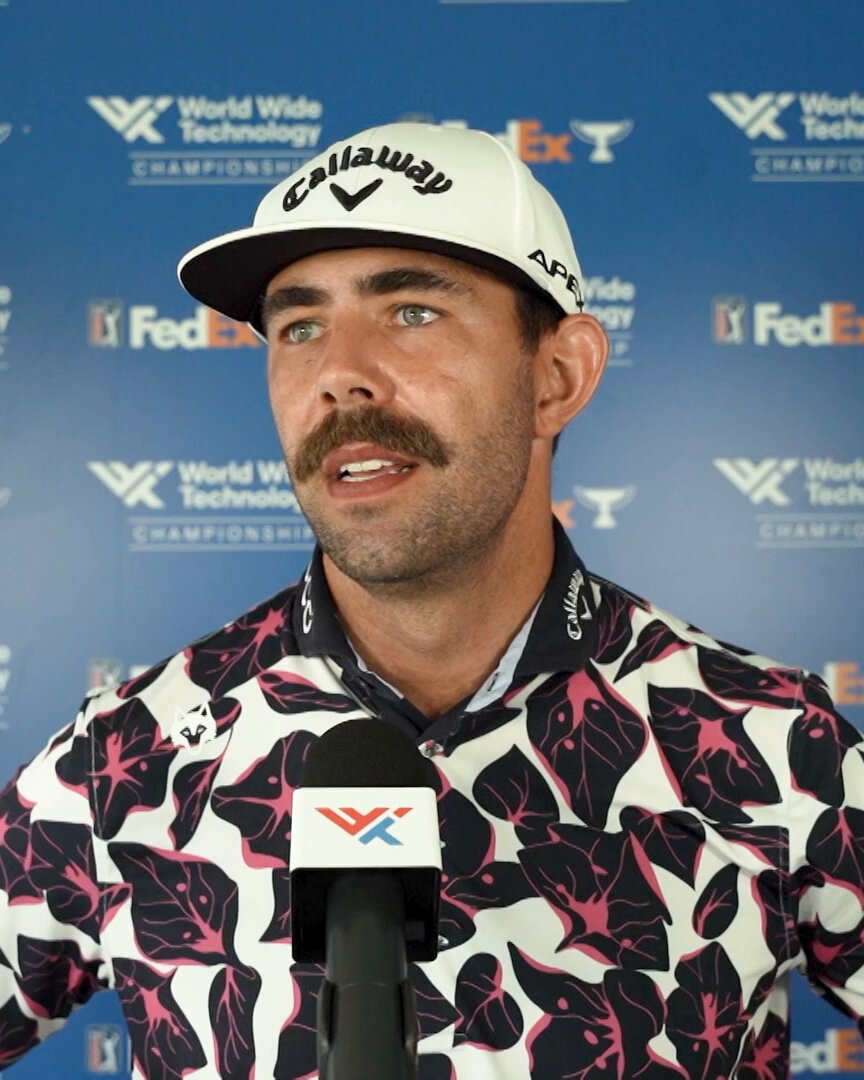
Erik van Rooyen’s victory at the 2023 World Wide Technology Championship was marked by a deeply personal story of friendship and resilience. Just six days before his best friend Jon Trasamar passed away from cancer, van Rooyen secured his second PGA Tour win, dedicating the triumph to a cause greater than golf.
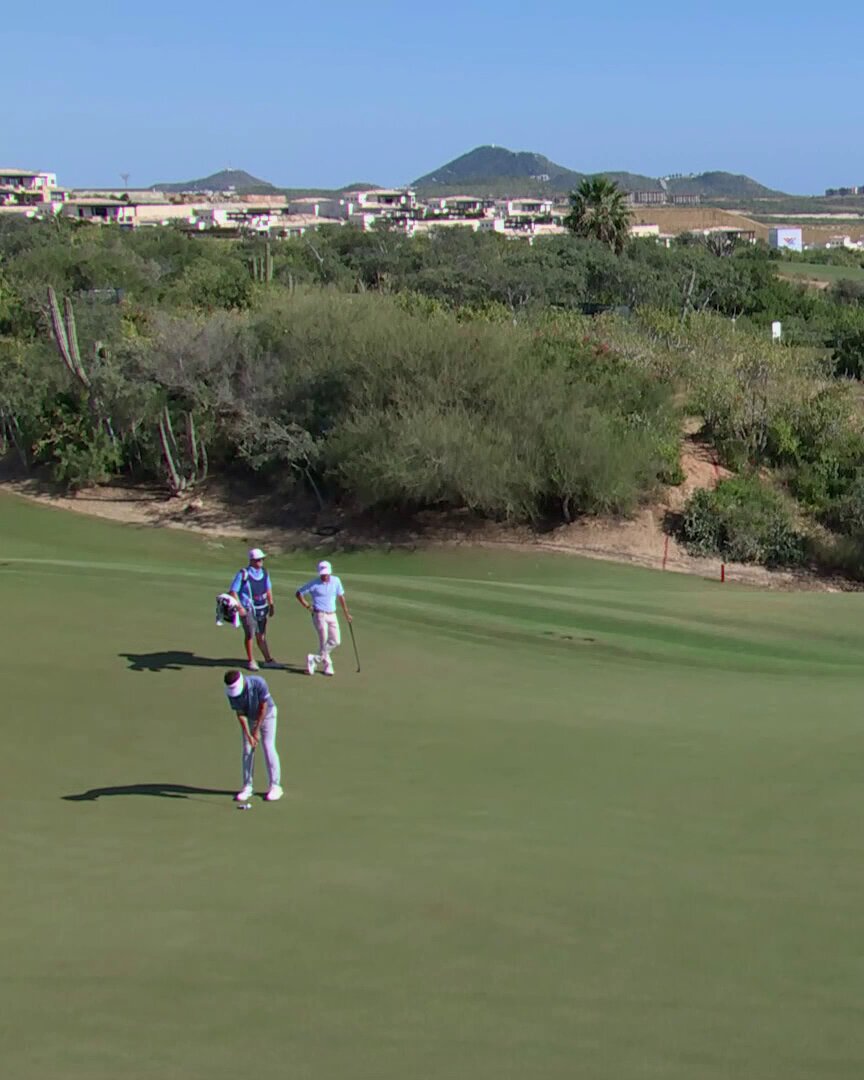
The 15th hole at the World Team Championship has proven to be a formidable challenge, with only one player managing to score a birdie so far. Trevor Cone stands out as the sole competitor to conquer this tough par 4, which is playing significantly over par.
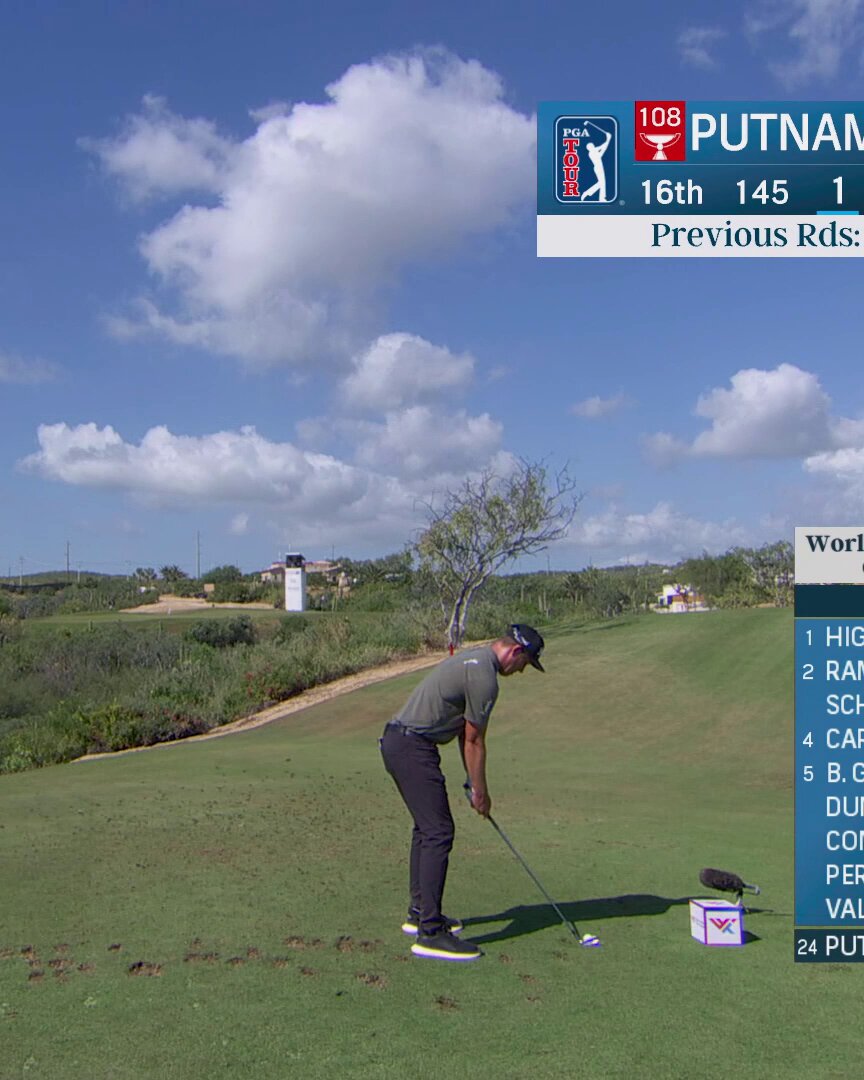
Andrew Putnam delivered a remarkable moment on the course with an ace that followed two back-to-back bogeys, a rare turnaround that caught the attention of golf fans and analysts alike. His performance highlights the unpredictable nature of golf, where a single shot can dramatically change the momentum of a round.
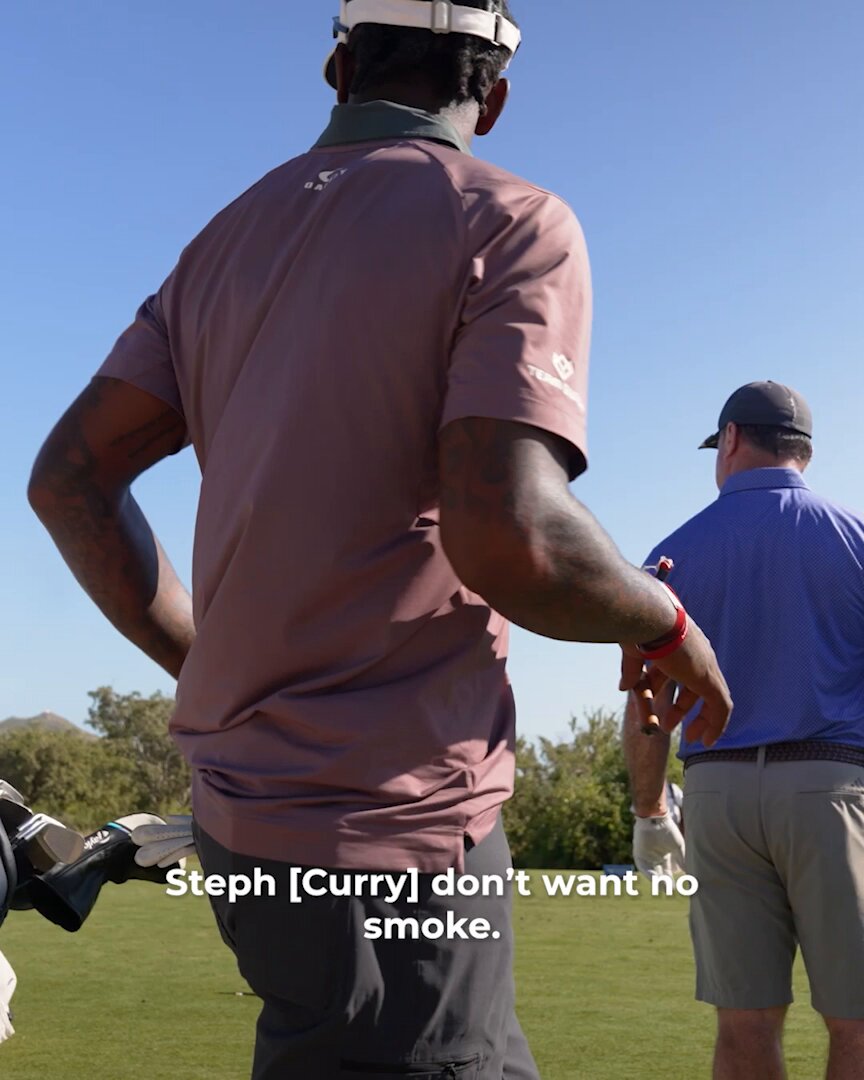
Former NBA star J.R. Smith took a swing at golf during the recent World Wide Technology Championship, seeking advice from PGA TOUR pros in a lighthearted moment that caught the attention of fans and players alike.